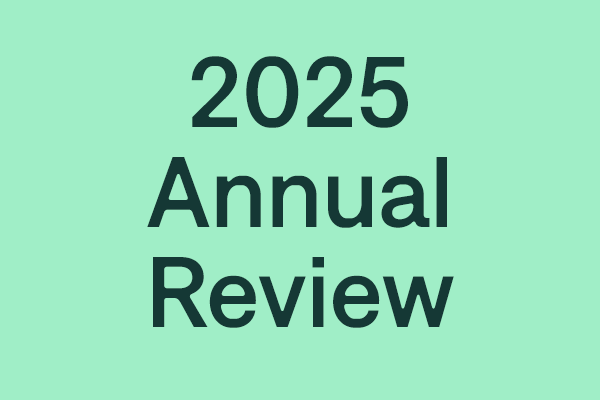Economic dignity is at the heart of an individual’s financial wellbeing. And debt, particularly when it comes as a shock, can be devastating to people and families who are already living below the poverty line.
The Robodebt Scheme, which operated in Australia from 2015-2019, was designed to recover supposed overpayments from welfare recipients, dating back to 2010. The automated debt recovery tool, touted by the Government at its inception as an innovative use of technology to contribute to the Government’s fraud and non-compliance savings goals, has since been maligned as a massive failure of public administration and subject to a Royal Commission in 2022.
The Scheme had far-reaching effects on recipients and their families including financial impacts, emotional and psychological effects, and stigmatisation.
Approximately 5 million Australians receive income support payments, or almost one quarter of the population aged 16 and over. Income support recipients include intersecting groups - such as single parents, victim-survivors of family and domestic violence, refugees, people with disability, and First Nations people - known to have disproportionately high rates of social security debt and who face a risk of harm through the use of automation.
In October 2022, PRF funded Economic Justice Australia’s Automation in Social Security project to build the capacity of the community legal sector to hold government to account and influence its future use of automation in the social security system.
“Our automation project is not just about avoiding another Robodebt,” says Kate Allingham, Acting CEO of Economic Justice Australia, “it is also about understanding the implications of automation for vulnerable and disadvantaged people seeking to access and navigate the social security system.”
Economic Justice Australia (EJA) is the peak organisation for community legal centres providing specialist advice regarding social security issues and rights. It draws on its members’ casework experience to identify systemic policy issues and provide expert advice to government on reforms needed to make the social security system more effective and accessible.
Alongside a coalition of advocates, EJA and its members’ testimony to the Royal Commission contributed to an announcement that external contracting for Centrelink debt collection will stop.
In May this year, following extensive advocacy by EJA and its members and allies, the Department of Social Services (DSS) implemented six of EJA’s key recommendations, making changes to its Guide to Social Security Law.
“The impact of these changes to DSS policy,” says PRF’s Head of Employment Josephine Khalil, “has had tangible positive effects for people receiving payments.”
EJA will continue to play a powerful public interest role supporting members to identify systemic issues.
“Community legal centres are the canary in the coalmine,” continues Kate Allingham.
“When things go wrong in the social security system, like with Robodebt, they are the first to notice. EJA will continue to advocate for changes to restore a fairer social security system with a strong safety net that is accessible to all that need it.”
This story first appeared in our 2023 Annual Review.











